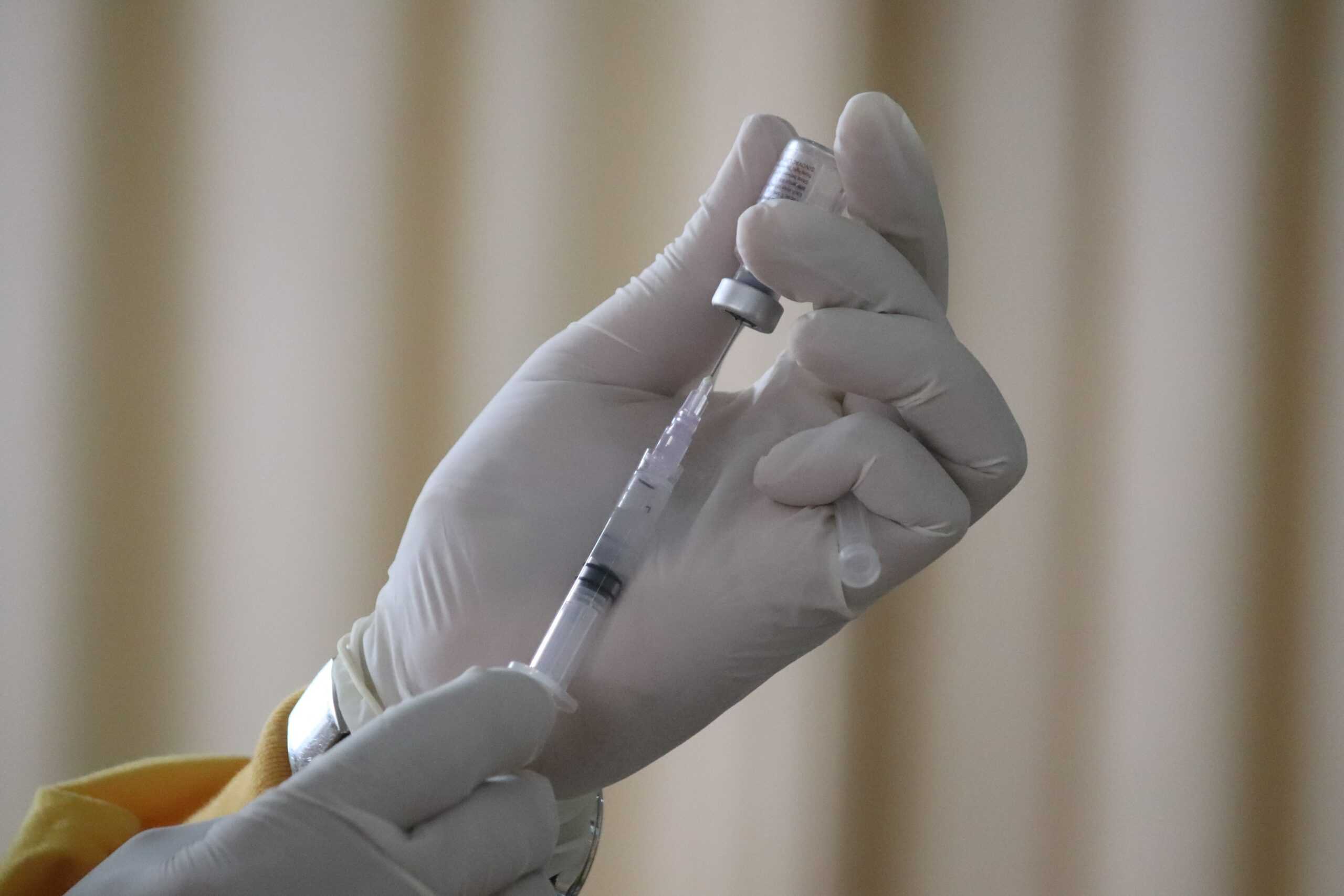Numerous studies in the United States were conducted about the vaccine’s efficacy. The majority of the outcomes highlighted that the vaccine carries little protection. The vaccinated person will not face risks like blood clots and lung disorders. But it might not keep them secure from the other symptoms.
People felt a sense of relief with the arrival of the vaccine. According to MyBioSource, 48% of people in Alabama53% in Arkansas, and 63% in Florida feel that the vaccine will not hinder their freedom. It also shares that only 2 in 5 people shared that they are willing to take the vaccine if it allows them to move around without wearing the mask. And several people think that if unvaccinated people aren’t allowed to enter public venues, it will urge more people to get vaccinated.
The essential statistics to consider
There is a new paper which got published in Nature Medicine comprised of studies on the effect of COVID by the Department of Veterans Affairs. The study was based on as many as 33,940 people who witnessed breakthrough infections after the vaccine. According to this research, the vaccine can bring down the risk of severe ailments and death. When it comes to long COVID, it might not prove to be very effective.
After six of the initial diagnosis for COVID, the patients involved in the study got vaccinated and showed the risk of having long covid. The biggest advantage here was that they didn’t have the risk of lung complications and blood clotting. However, there wasn’t any difference between the unvaccinated and vaccinated when concerning the long-term risks of gastrointestinal symptoms, neurological issues, kidney ailments, and other diseases.
Understanding Long COVID
Simply put, the term “Long Covid” indicates several symptoms that several people have witnessed after the initial infection. During the pandemic’s early stages, several patients complained about the prolonged symptoms that several physicians dismissed, thinking that it could be psychological manifestations. Today, these concerns are becoming a challenge for the medical community.
Recently, the World Health Organization has outlined post-covid syndrome as a set of symptoms that lasted for about two months and might not be explained by alternate diagnoses. It came up with evidence that close to 20% of the population globally has been affected by the virus and that they might witness long-term and mid-term effects.
Even the Centers for Disease Control and Prevention have come up with new estimates of how the problem has taken a toll in the United States. The report suggested that it affects about 1 in 5 adults less than 65 years and have had COVID and 1 in 4 people above 65 years. And the people in both age brackets who aren’t infected have the chance of developing lung issues and respiratory symptoms, comprising of pulmonary embolism. People who are aged will have the risk of Type 2 diabetes, mental health problems, kidney failure and other neurological conditions.
The vaccine and the long covid symptoms
According to the Veterans Affairs study, people who have had their vaccines from Pfizer, Moderna, and BioNTech have also witnessed long COVID symptoms. Even though the study population comprised of a wide range of ethnic, racial, and age backgrounds, it affected the white and old male population more.
The study had nothing to tell how the variants can alter the scope of long COVID. All these breakthrough infections occurred when the alpha and delta variants reached their peak level. And it doesn’t include the time when the omicron and other subvariants started to circulate in the later half of 2021.
These findings added more fuel to the debate from Israel and the United Kingdom on whether the vaccine can protect the patient from long-term COVID complications.
A study published in the Lancet medical journal highlighted that the risk of complications is reduced by 50% for those who got vaccinated. Having said that it is necessary for doctors to consider the already existing physical issues that a person has and the way they can get aggravated because of the virus attack.
Finally, one can say that the link between the vaccines and the presence of long COVID has been essential for doctors. There are a few people who claim that vaccine carries the cure. On the other hand, there are others who feel that the booster dose might trigger a few symptoms. Igor Koralnik, Chief Neuro-Infectious diseases at Northwestern Medicine, believes nothing of this is true. He asserted that about 77% of patients who suffered from long COVID got vaccinated in a study. Here the vaccine shots didn’t have a negative or a positive impact on their fatigue or cognitive function. Therefore, while it’s true that the vaccine might not halt the long covid symptoms, there’s no assurance that it can also trigger it. Each individual is different and needs to get treated accordingly.
Disclaimer: The statements, opinions, and data contained in these publications are solely those of the individual authors and contributors and not of Credihealth and the editor(s).
Call +91 8010-994-994 and talk to Credihealth Medical Experts for FREE. Get assistance in choosing the right specialist doctor and clinic, compare treatment cost from various centers and timely medical updates
Source link


